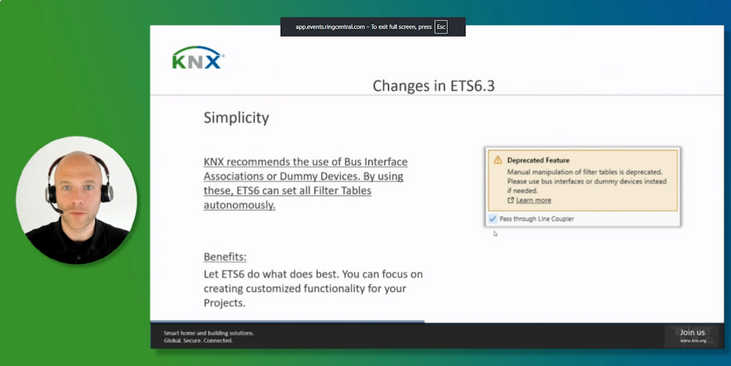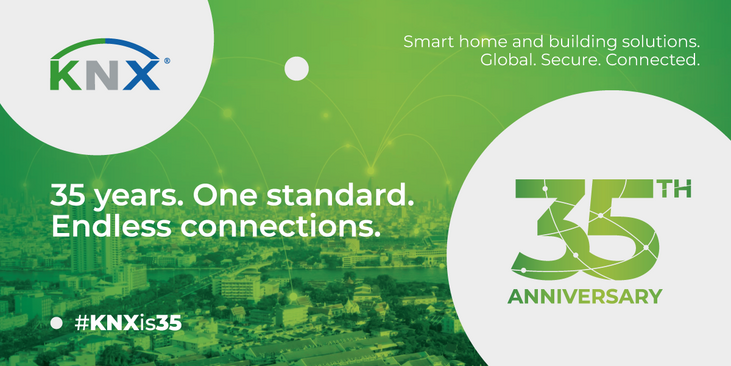06. Jul 2023
How a smart home can help you during an energy crisis

In the past years, we’ve been confronted with surging energy prices and increasingly more scarce energy resources, as well as the effects of climate change. These events impact the way we approach sustainable living and energy management within our homes. A smart home with advanced automation and energy management systems promises to be an effective solution to face the challenges posed by an energy crisis. In this article, we’ll explore how setting up smart appliances can help you conserve energy and reduce your carbon footprint.
Efficient energy consumption
A smart home uses technology to the fullest by optimizing energy consumption throughout your household.
By employing smart meters, intelligent thermostats, and connected appliances, you get granular control over your energy usage.
With real-time monitoring, you can identify energy-hungry devices, pinpoint inefficiencies, and make informed decisions on energy conservation.
Smart thermostats, for instance, can adjust heating and cooling based on occupancy patterns, optimizing comfort while minimizing energy waste.
This will not only conserve energy, but as energy prices are soaring, can save you a lot of money as well.
Learn more about sustainable living and our energy management solutions on www.sustainabilityknx.org
Renewable energy for more energy independence
Smart homes can integrate renewable energy sources, such as solar panels, into their energy infrastructure. During an energy crisis, when the main power grid might experience strain or failures, homeowners with solar panels can rely on their self-generated electricity. By harnessing the power of the sun, these households become less reliant on traditional energy sources and contribute to the overall stability of the grid. Moreover, smart homes can intelligently manage the flow of energy, storing excess power in batteries for later use or diverting it back to the grid, reducing wastage and supporting the wider community.
Automated load management
During an energy crisis, managing energy demand becomes crucial to maintain stability and prevent blackouts. Smart homes equipped with load management systems can automatically balance energy consumption by prioritizing essential appliances and reducing power to non-essential devices. For example, during peak demand periods, your smart home can temporarily delay non-urgent tasks like dishwasher cycles. By dynamically adjusting energy usage, you can contribute to load reduction efforts and help stabilize the grid during critical times.
Embracing the potential of smart homes becomes increasingly vital as we face energy crises and climate change. By adopting efficient energy consumption, renewable energy integration and automated load management, homeowners can significantly contribute to mitigating the effects of energy scarcity. In doing so, not only do you safeguard your own well-being and comfort but you also actively engage in sustainable practices that protect the environment and support the resilience of the energy infrastructure.
Highlights
-
 Press
PressETS6 Roadshow 2025 marks global success, showcases power of ETS6.3
ETS6 takes center stage during the month of May with 24 roadshow stops all over the world. -
 News
NewsThe KNX Journal 2025 is now available
The latest edition of our annual smart home and building solutions magazine has arrived. The KNX Journal 2025 offers ... -
 KNXtoday
KNXtoday#KNXis35: KNX history and evolution
KNX is 35. This worldwide building control standard, initiated by a handful of visionary European manufacturers, now has ...

